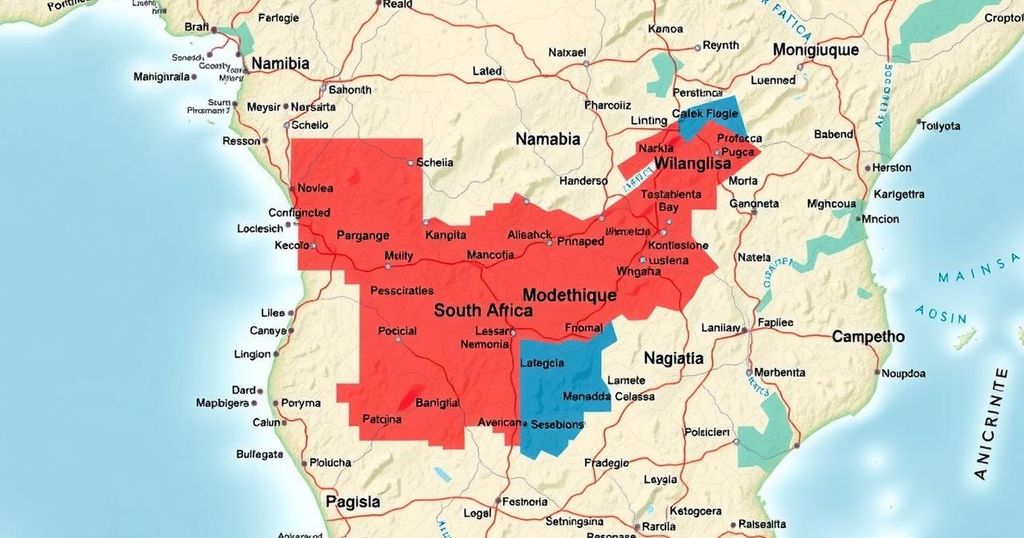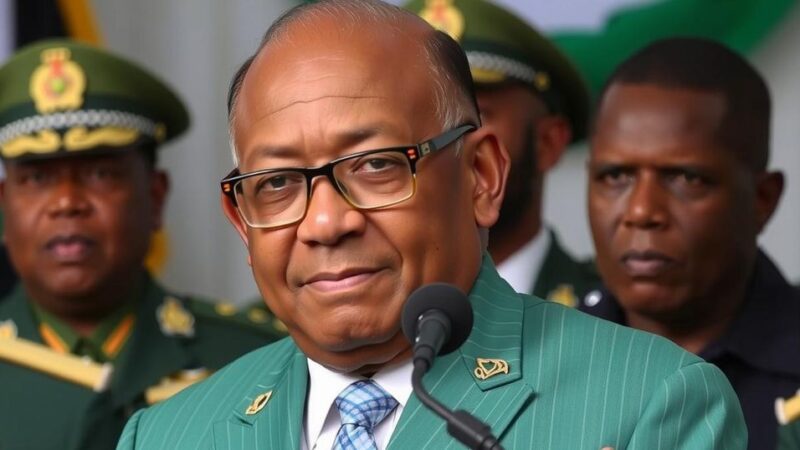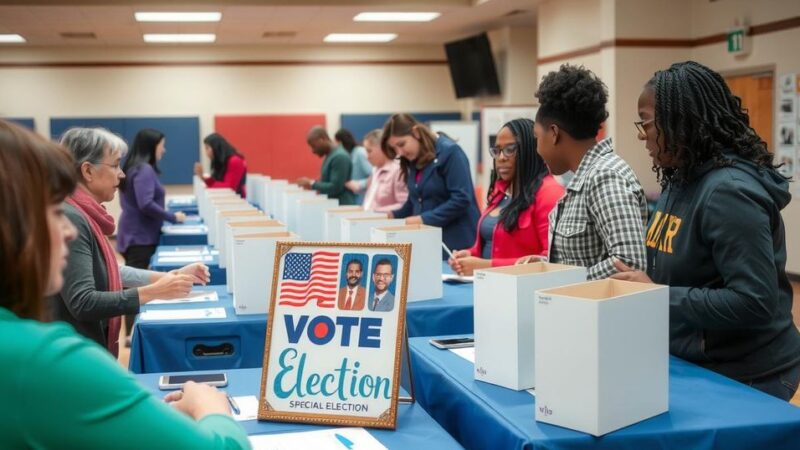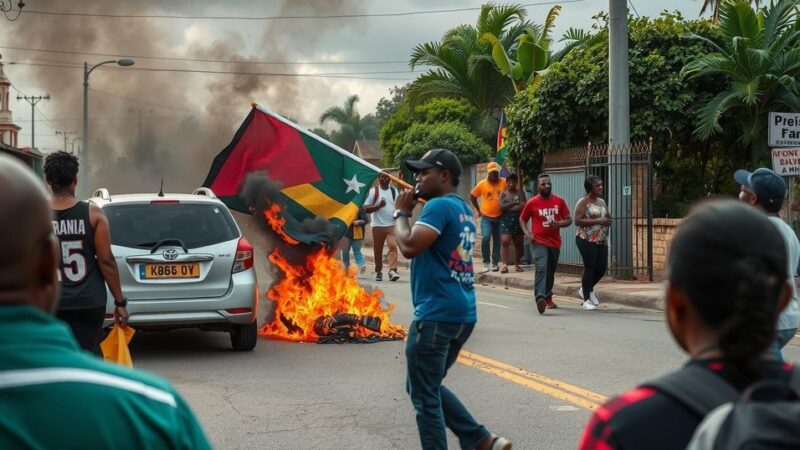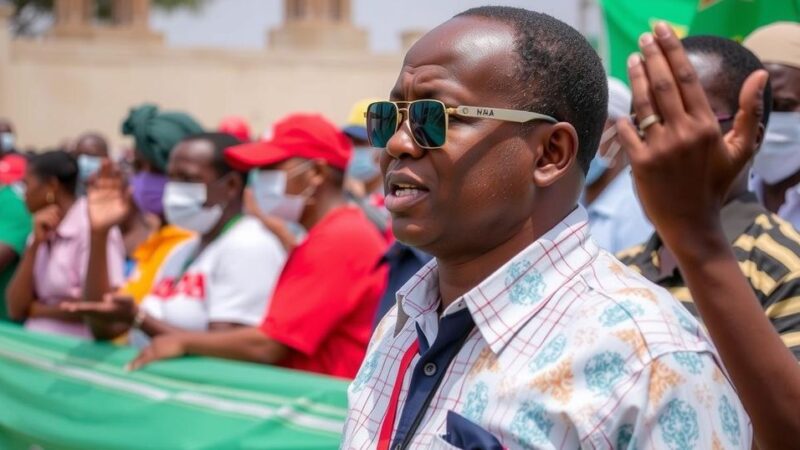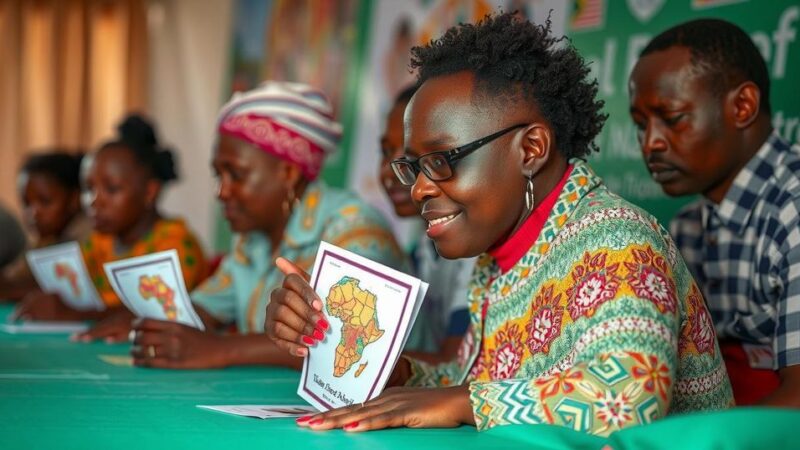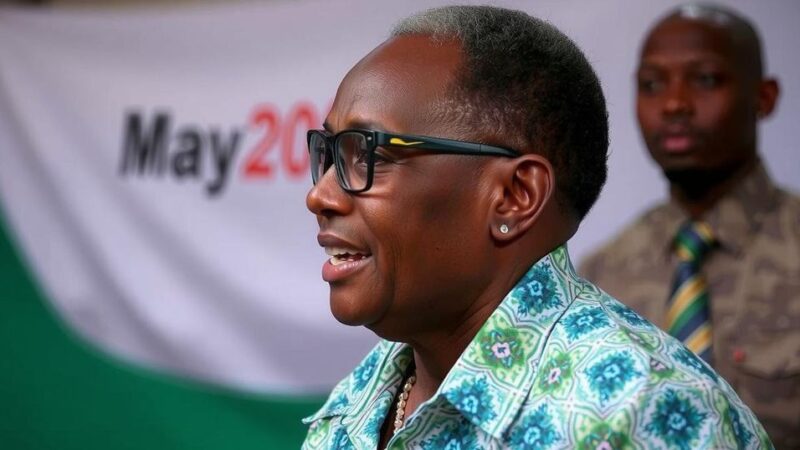Elections in Southern Africa reveal significant political shifts as former liberation movements face calls for renewal amid economic discontent. In South Africa, the ANC’s coalition government signifies change, while Botswana’s UDC majority reflects public grievances. Mozambique’s Frelimo remains dominant despite calls for reform, and Namibia’s SWAPO maintains the status quo with a female leader. The outcomes emphasize the pressing demand for accountability and social justice among younger voters.
The elections in Southern Africa, particularly in South Africa, Botswana, Mozambique, and Namibia, reveal various aspects of political renewal and continuity in the region. In South Africa, the ruling African National Congress (ANC) suffered a significant loss by failing to secure a majority, leading to a coalition government formation. This political shift may indicate a broader transition away from dominance by former liberation movements, raising questions about their relevancy and adaptability to contemporary challenges.
In Botswana, the opposition, led by Duma Boko, gained majority control, marking a critical moment for democracy. Boko’s articulation of a desire for change grew from public dissatisfaction with high unemployment and social inequalities, culminating in a demand for responsible governance. The new government will face the challenge of revitalizing the economy, particularly as reliance on diamond exports has faltered.
Conversely, Mozambique has seen continuous dominance by the Frente de Libertação de Moçambique (Frelimo), despite recent accusations of electoral fraud and the rise of opposition movements. The challenges posed by economic discontent and violence within the country illustrate the need for a new political landscape to address these issues effectively.
In Namibia, while maintaining the status quo with the SWAPO party’s continued influence, the election has sparked discussions around gender representation in leadership with the candidacy of Netumbo Nandi-Ndaitwah. Her victory, although maintaining historical traditions, signals a slight diversion from conventional trends observed in the region. The responses of these political entities reflect a growing awareness of the societal need for change, particularly among the youth.
Overall, the Southern African elections exemplify the urgency for political reform in light of economic grievances and social marginalization. The past glories of liberation movements are gradually losing their relevance among a younger electorate. As such, it is essential for these political entities to respond to the rising demands for change effectively.
The political landscape in Southern Africa is under scrutiny as recent elections in South Africa, Botswana, Mozambique, and Namibia present different reactions to longstanding issues of governance. There is an observable trend of political renewal amid widespread calls for change driven by economic discontents, particularly among the youth. The historical context of liberation movements, which once held significant sway, is being challenged by rising social inequalities and demands for more accountable governance. These dynamics are essential for understanding the implications of the recent election outcomes across these nations and their potential trajectories into the future.
The recent elections in Southern Africa signal a critical juncture in the region’s political landscape. There are clear demands for reform, driven largely by economic inequalities and disappointment with long-dominant liberation movements. As voters express their dissatisfaction through the electoral process, the ruling parties are cautioned that continued governance without meaningful reforms may lead to greater unrest. The growing desire for accountability, social justice, and responsiveness to electoral promises underscores an urgent call for change.
Original Source: www.fairobserver.com

